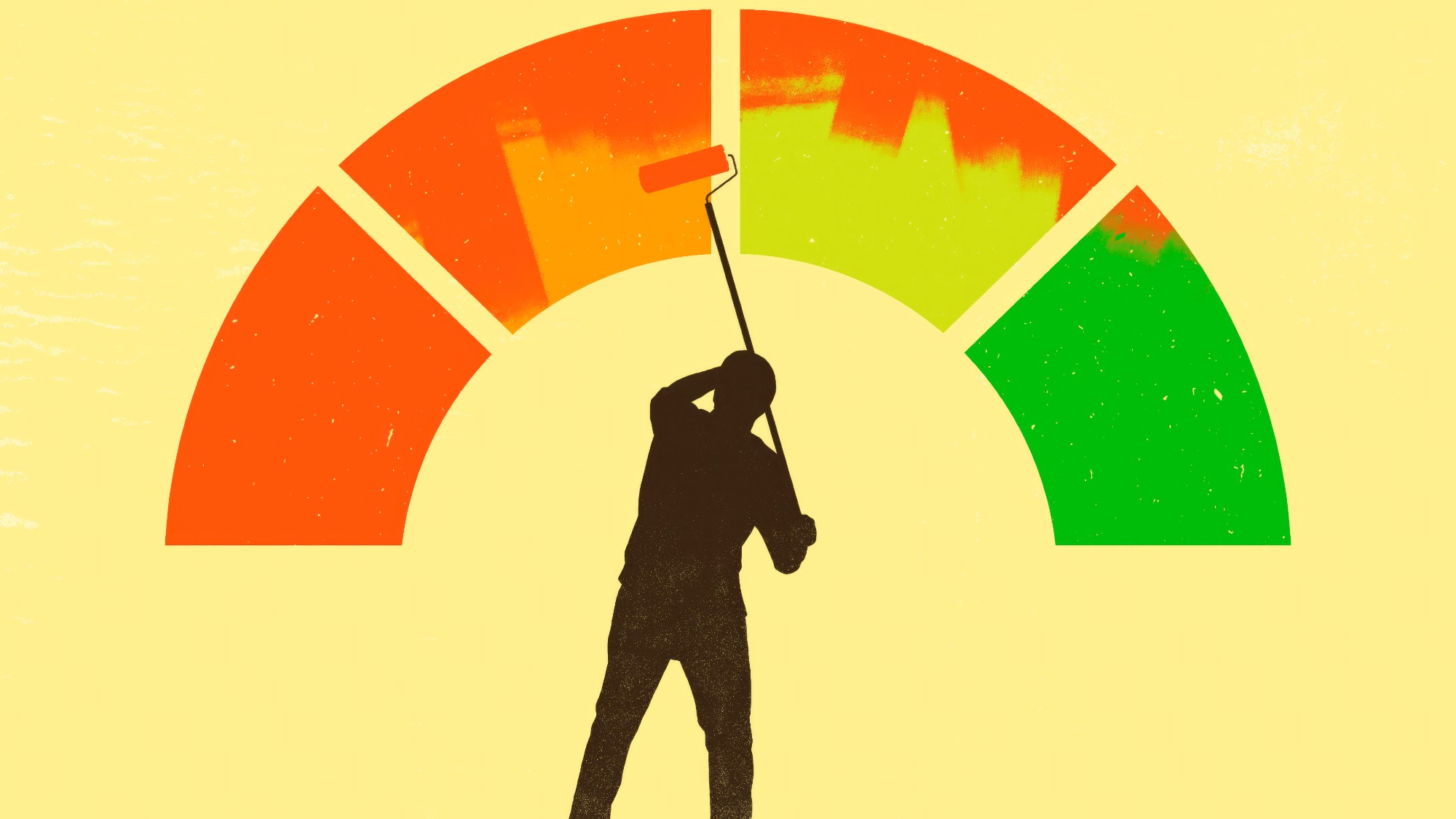
- Select a language for the TTS:
- UK English Female
- UK English Male
- US English Female
- US English Male
- Australian Female
- Australian Male
- Language selected: (auto detect) - EN
Play all audios:
Your credit score is a three-digit number that can play an outsize role in your financial life. Essentially, it is a numerical representation of your risk to creditors — i.e. how likely you
are to repay money they lend you — based on your past financial behavior. As a rule of thumb, a higher credit score is better than a lower one, since these borrowers are viewed as more
reliable. If you want to work to improve your credit score, it helps to know what exactly goes into determining that number. While the "calculations that produce credit scores are
closely kept trade secrets," said the credit bureau Experian, the "underlying factors they consider (as well as how they're weighted) are public knowledge." HOW IS YOUR
CREDIT SCORE CALCULATED? Your credit score is calculated using "information about your credit accounts," which is "gathered by credit-reporting agencies, also called credit
bureaus, and compiled into your credit reports," said NerdWallet. SUBSCRIBE TO THE WEEK Escape your echo chamber. Get the facts behind the news, plus analysis from multiple
perspectives. SUBSCRIBE & SAVE SIGN UP FOR THE WEEK'S FREE NEWSLETTERS From our morning news briefing to a weekly Good News Newsletter, get the best of The Week delivered directly
to your inbox. From our morning news briefing to a weekly Good News Newsletter, get the best of The Week delivered directly to your inbox. How that data gets crunched can vary a bit, as you
technically have more than one credit score. There are two models that "dominate credit scoring," said NerdWallet: The FICO score, which is the "most widely known score,"
and the VantageScore, "its main competitor." To further complicate matters, each company has different versions of its scoring formula, though both "use a credit score range
of 300 to 850" across the board. WHAT FACTORS AFFECT YOUR CREDIT SCORE? Even though the exact weightings given to each factor may vary depending on the credit score model, generally the
same factors are taken into consideration when determining your credit score. These include: PAYMENT HISTORY: "The most significant aspect of your credit score is your payment history,
which looks at how consistently you've made payments," said Business Insider. Late payments will drag down your score. AMOUNTS OWED: Also considered is the "amount you
currently owe relative to the credit you have available," said Investopedia. "Credit score formulas assume that borrowers who continually spend up to or above their credit limit
are potential risks," resulting in a lower score. LENGTH OF CREDIT HISTORY: "Lenders like borrowers with proven track records," so scores "consider how long your credit
accounts have been open, the age of your oldest and newest accounts and the average age of all your accounts," said LendingTree. CREDIT MIX: "The ability to successfully manage
multiple debts and different credit types tends to benefit your credit scores," said Experian. NEW CREDIT: "When people apply for credit frequently, it probably indicates financial
pressures, so every time you apply for credit, your score gets dinged a little," said Investopedia. WHY DOES YOUR CREDIT SCORE MATTER? Put simply, having good or excellent credit can
"provide significant savings over your lifetime by paying less in interest on a home or car loan, for example," said NerdWallet. Your score will not only determine whether you get
approved for a loan or a new credit card, it will also influence the interest rate you end up paying. The impacts are not strictly financial, either. "Credit scores are often used when
applying to rent an apartment, and a potential employer may pull your credit report and score as part of a background check," said Business Insider. Explore More Personal Finance







